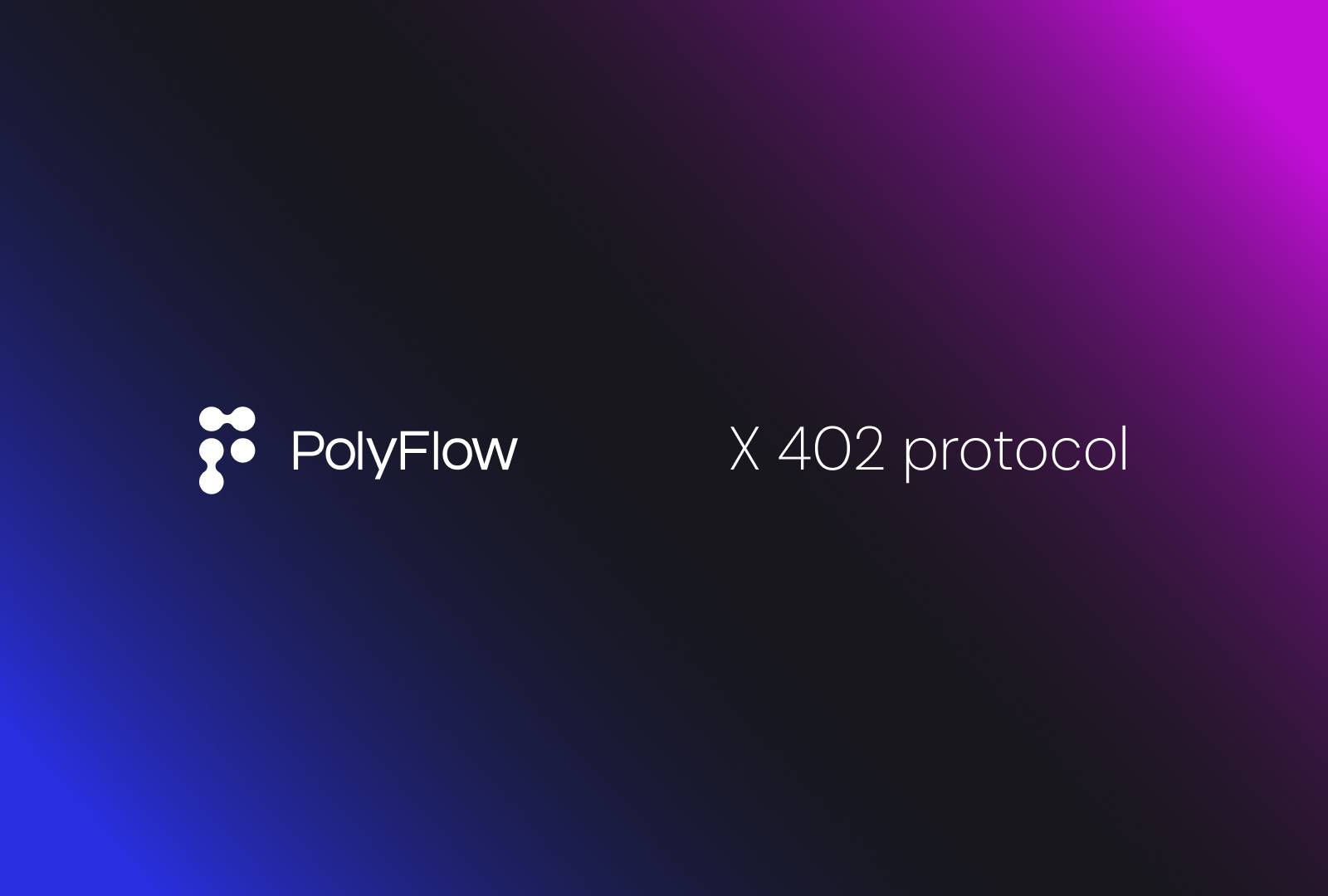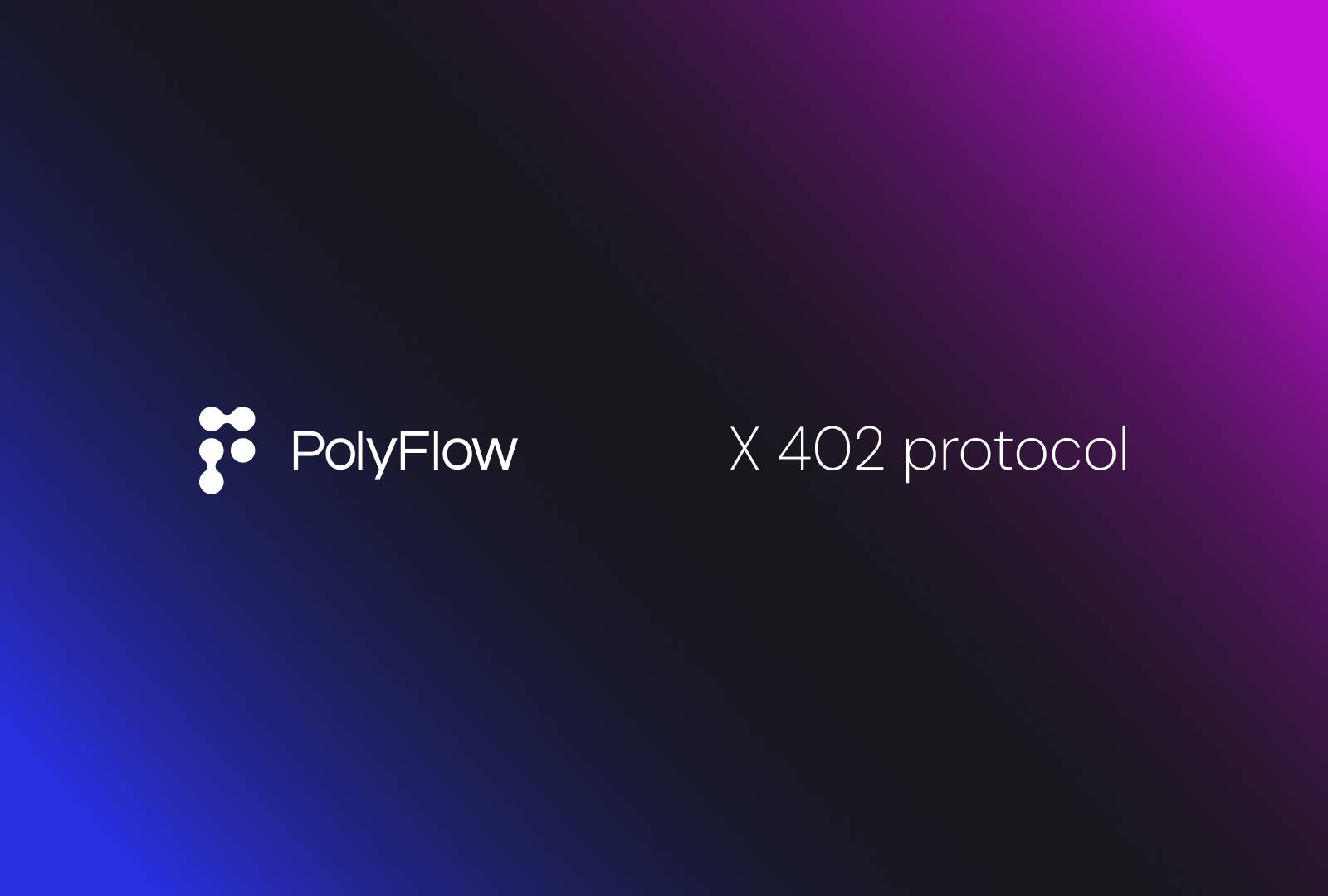Australia’s Financial Regulator Updates Crypto Rules, Clarifies Licensing Requirements
Quick Breakdown
- ASIC now requires crypto firms offering financial products to obtain an AFSL by June 30, 2025.
- Bitcoin and NFTs remain exempt, but stablecoins and tokenized assets fall under financial product rules.
- Industry leaders welcome the clarity but warn that licensing bottlenecks and limited resources may delay compliance.
ASIC clarifies digital asset licensing rules
Australia’s corporate regulator, the Australian Securities and Investments Commission (ASIC), has issued updated guidance for crypto-related businesses, a move widely welcomed by blockchain executives though concerns remain over the tight licensing timeline.
Announced on Wednesday, the revised Information Sheet 225 mandates that any company offering crypto services considered financial products must apply for an Australian Financial Services License (AFSL) and join the Australian Financial Complaints Authority by June 30.
Bitcoin and NFTs exempt from licensing
Under the new framework, Bitcoin (BTC), gaming non-fungible tokens (NFTs), and tokenized concert tickets are not classified as financial products, according to John Bassilios, partner at law firm Hall & Wilcox.
However, ASIC now recognizes stablecoins, wrapped tokens, tokenized securities, and digital asset wallets as financial products. This definition could also cover yield-bearing stablecoins, tokenized bonds or real estate, and staking services that include lock-up periods or minimum balances.
ASIC added that it plans to provide regulatory relief for certain stablecoin and wrapped token distributors to ease the transition ahead of upcoming legislative reforms.
Industry Sees Clarity but Warns of Implementation hurdles
While the updated guidance offers much-needed clarity, industry leaders say practical challenges could slow implementation.
Steve Vallas, CEO of Blockchain APAC, noted that ASIC’s decision to act before formal law reform “brings certainty in the short term but exposes just how much interpretation is doing the work of legislation.”
He added that “structural bottlenecks” such as limited local expertise, restricted banking access, and insurance barriers could create logistical hurdles that complicate compliance efforts.
The updated guidance aligns with the Albanese government’s ongoing crypto reform agenda, which seeks to regulate exchanges under existing financial services laws. Meanwhile, the Australian treasury is facing mounting criticism from crypto industry stakeholders over its proposed digital asset and tokenized custody platforms bill. The bill, aimed at tightening regulation around digital asset platforms, has been accused of overstepping legal boundaries and redefining the role of the ASIC.
Take control of your crypto portfolio with MARKETS PRO, DeFi Planet’s suite of analytics tools.”
Disclaimer: The content of this article solely reflects the author's opinion and does not represent the platform in any capacity. This article is not intended to serve as a reference for making investment decisions.
You may also like
Give Nokia 1 billion, Jensen Huang wants to earn 200 billions
Jensen Huang unveiled some major announcements at the 2025 GTC.

When AI Agents Learn to Make Autonomous Payments: PolyFlow and x402 Are Redefining the Flow of Value on the Internet
x402 has opened the channel, while PolyFlow extends this channel to the real business and AI Agent world.

PolyFlow integrates x402 protocol to drive the next-generation AI Agent payment revolution
PolyFlow's mission is to seamlessly connect traditional systems with the intelligent world through blockchain technology, gradually reshaping everyday payments and financial activities to make every transaction more efficient and trustworthy—making every payment more meaningful.

BNB Price Chart Targets $10,000 as Macro Bull Run Strengthens in 2025

